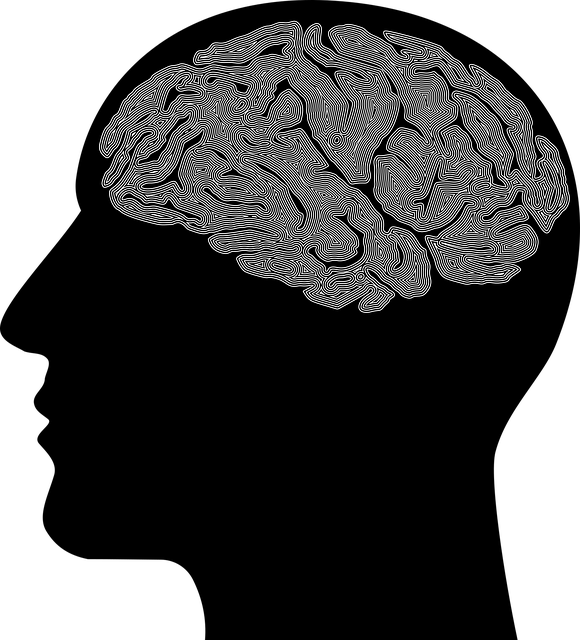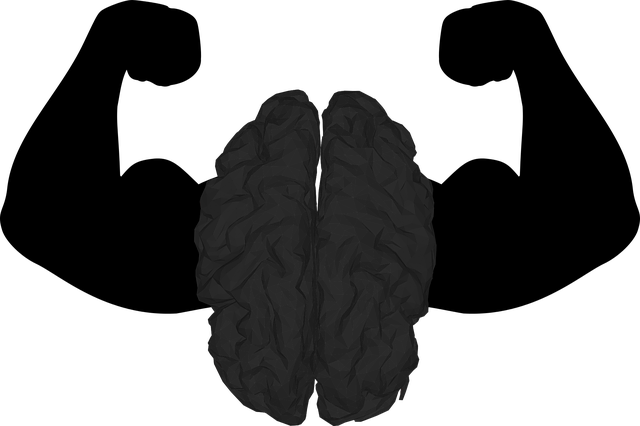Westminster First Responders face unique mental health challenges due to their high-stress work, lacking emotional resilience and mental health awareness despite physical training. A tailored Mental Health Education Program integrating Westminster First Responders Therapy (WFRT) with CBT, DBT, MBSR, Emotional Intelligence, Conflict Resolution, and Compassion Cultivation is crucial for inner strength development. The program includes interactive workshops, role-playing scenarios, and stigma reduction training, evaluated through feedback and assessments to ensure effectiveness and responsiveness to WFRT's evolving needs.
“Mental health education is crucial for first responders, as they often face high-stress situations. This article explores the comprehensive design of a mental health program tailored for Westminster First Responders Therapy. We begin by understanding the unique challenges and gaps in mental health literacy among these professionals. The subsequent sections delve into structuring an effective initiative, incorporating evidence-based therapy techniques, and implementing a robust evaluation framework to ensure the program’s success and continuous improvement.”
- Understanding the Need: Identifying Gaps in Mental Health Literacy for First Responders
- Program Structure: Designing a Comprehensive Education Initiative
- Evidence-Based Practices: Incorporating Effective Therapy Techniques
- Implementation and Evaluation: Ensuring Impact and Continuous Improvement for Westminster First Responders Therapy
Understanding the Need: Identifying Gaps in Mental Health Literacy for First Responders

In many communities, including Westminster, first responders often face unique challenges that can significantly impact their mental wellness. The high-stress nature of their work exposes them to trauma and critical situations on a regular basis, which can lead to gaps in mental health literacy. While these professionals are trained to handle physical emergencies, emotional resilience and mental health awareness are often overlooked aspects of their preparation. This disconnect between the demands of their roles and the support they receive can result in untreated or undiagnosed mental health issues among first responders.
Addressing these gaps is crucial for fostering inner strength development and ensuring that Westminster First Responders Therapy keeps pace with the evolving needs of its target audience. Implementing targeted therapy programs and enhancing Mental Health Awareness workshops can help fill these knowledge voids. By investing in such initiatives, we not only support the mental wellness of first responders but also strengthen the overall resilience of our community.
Program Structure: Designing a Comprehensive Education Initiative

A well-structured Mental Health Education Program is essential to fostering a supportive and inclusive environment, especially in communities like Westminster where access to resources can vary widely. When designing an initiative like this, it’s crucial to approach mental health as a holistic concept that intertwines with overall well-being. The program should cater to diverse learning styles by incorporating interactive workshops, seminars, and group discussions led by qualified professionals, such as those at Westminster First Responders Therapy. This multi-faceted strategy ensures that participants gain practical knowledge and skills, enabling them to recognize and manage mental health challenges effectively.
The curriculum should be meticulously crafted to balance theoretical understanding with actionable strategies. Topics like stress management, emotional intelligence, and conflict resolution techniques (Mind Over Matter Principles) can be woven into the fabric of the program. By teaching these principles, individuals learn to navigate difficult situations with resilience and adaptability. Incorporating role-playing scenarios and real-life case studies not only enhances learning but also prepares participants to handle mental health crises, ultimately strengthening community support networks.
Evidence-Based Practices: Incorporating Effective Therapy Techniques

In designing a comprehensive mental health education program, incorporating evidence-based practices is paramount. Westminster First Responders Therapy has proven effective in promoting resilience and well-being among vulnerable populations. This involves integrating therapeutic techniques that have been rigorously studied and shown to yield positive outcomes. Such techniques include Cognitive Behavioral Therapy (CBT), Dialectical Behavior Therapy (DBT), and Mindfulness-Based Stress Reduction (MBSR), which have been successfully applied in various settings, from clinical practices to educational institutions.
Moreover, including modules on Emotional Intelligence, Conflict Resolution Techniques, and Compassion Cultivation Practices can significantly enhance the program’s effectiveness. These practices foster understanding of one’s emotions, improve communication skills, and promote a culture of empathy and support. By combining evidence-based therapies with these complementary strategies, the mental health education program becomes more holistic and better equipped to address the multifaceted needs of individuals seeking support.
Implementation and Evaluation: Ensuring Impact and Continuous Improvement for Westminster First Responders Therapy

The successful implementation and evaluation of a mental health education program for Westminster First Responders Therapy requires a structured approach to ensure maximum impact and continuous improvement. This involves a comprehensive strategy that includes regular training sessions, tailored to address specific mental illness stigma reduction efforts and promote self-awareness exercises among participants. Each session should be designed to facilitate active engagement, enabling first responders to develop essential coping skills that can enhance their resilience and overall well-being.
Evaluation plays a pivotal role in this process by measuring the program’s effectiveness through both qualitative and quantitative methods. Feedback from participants, peer observations, and self-reported assessments can provide valuable insights into the perceived benefits of the program, areas for improvement, and the overall impact on first responders’ mental health. This data is crucial for refining the curriculum and ensuring that the initiative remains responsive to the evolving needs of Westminster First Responders Therapy.
The development of a mental health education program tailored for Westminster First Responders Therapy is a significant step towards enhancing community well-being. By addressing gaps in mental health literacy, this initiative equips first responders with the tools to recognize and support individuals in crisis. Through a structured curriculum incorporating evidence-based practices, the program ensures that these heroes are equipped not only with technical skills but also with empathy and understanding. With successful implementation and ongoing evaluation, Westminster First Responders Therapy can become a model for other communities, demonstrating the power of proactive mental health education to foster resilient and supportive environments.








